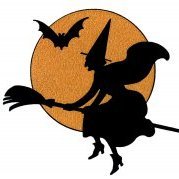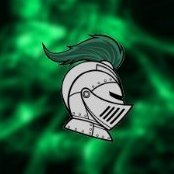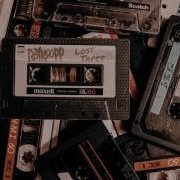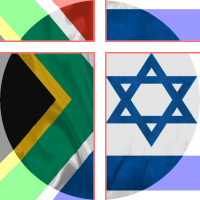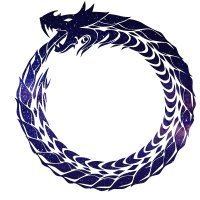-
Posts
1330 -
Joined
-
Last visited
Trutharchivist's Achievements
699
Reputation
Single Status Update
See all updates by Trutharchivist
-
So, this Saturday and Sunday is Rosh Ha'Shana. So it's time for the next Jewish holidays SU! So, let's start at the beginning.
Well, at (the) beginning, G-d has created the heaven and the Earth...
Whisper, whisper
-What do you mean, it's not related? That's -
Whisper, whisper
-Oh, you want me to start from that beginning. Then why didn't you say so?
Anyway, yeah. Fast forward about two thousand, four hundred and forty eight years, and G-d is giving the commandments to the People of Israel. Among them, He commands them to observe a holiday at the first day of the 7th month - the first month being the month of the Exodus, the month of Pesach, nowadays called Nissan. If you'll count you'll find it's been about five and a half months since Pesach - and since it's in the middle of the month, then the next month is the 7th. This day is called in the Pentateuch Yom Teru'ah/Zichron Teru'ah, meaning a Day of Blasting a horn, or commemoration of blasting a horn (though I would say something was lost in the translation). So, the most central commandment of this day is sounding a horn - called in Hebrew a Shofar. It's not just any horn that can be used for that - it can't be one of a bull (so as not to remind of the Golden Calf), and is preferably from a ram (to remind of the Binding of Isaac, I'll hopefully get to that).
So, what does this tell us about this day? Now, usually I go at this point to the sages of the Mishnah and Talmud to explain. I want to pause here for now this time, though. I would say that Rosh Ha'Shana is more like Shavuot - most of the atmosphere of the holiday comes from what the Sages told us of it, but while in Shavuot it was based on "hey, it occurs at around the time this event happened, so it's related!', here one could say it all came from this one identifying commandment - and perhaps from its irregular time in the month.
So, what is the meaning of sounding a horn? In the ancient world, it served as an alert and call to arms - see, for example, Amos 3, 6 (one verse before that one all the LDS people grew on): "Will a Shofar sound in the city and the people will not tremble?" (if you'll check NIV it says trumpets. Trust me, though, the original Hebrew says Shofar). On another thing, it's also sounded in times of celebration - and in four public coronations: one of Shəlomo (Solomon), one of Yehu (Jehu), and the other two are rebellions that ultimately failed - Absalom and Sheba son of Bichri. In all cases the previous king was still alive, and there was a need for a public declaration of coronation due to that.
So, sounding the Shofar is used as an alert, and as a way to make something public - to make everyone hear it. It somewhat fits with the idea that Rosh Ha'Shana is the day of crowning G-d as king over us. This goes with the tradition that the creation of the world was at this day (at least according to R. Eliezer) - hence the opening. This also leads to another function of Rosh Ha'Shana - that it's a judgement day. As an aside I'll say it fits with how Pharaoh's birthday is presented in Genesis, and that this can show the difference between calling one's flesh-and-blood king a god and having G-d as the one true king.
This - the judgement part - is actually most prominent in this day. It can come from many angles: the doubt in G-d's kingship over us comes from our Yetzer Ha'Ra, our evil inclination personified, who is also called a king (in Ecclesiastes 4, 13 according to traditioal interpretation), and so He judges us this day over that and we crown Him king by blasting the Shofar; this is the day we were created, so this is the annual time to chack if we were worth the trouble. We pray a lot in this day, for longer than is usual even for a Yom Tov, and even though it's the first day of the month during which it's traditional to say the Hallel, a couple of Psalms (from 113 to 118) - we don't say it. That makes it, together with Yom Kippur, the only Yamim Tovim (plural of Yom Tov) when the Hallel isn't said. All that is due to this same reason - this is a judgement day, not a day of celebration.
Or is it, now? Here's the funny thing. With all that going on, next thig you hear is that we fast, right? We do in Yom Kippur, after all. All this was describing a pretty solemn day. Well, surprise surprise: this is actually the only day of the year that the Tanakh says outright we shouldn't fast at! In the book of Nehemiah (8, 10) it's said of this day that one should be happy during it, eat and drink. It could be taken in multiple directions - one, that if this needs saying it means there is a reason to be solemn in this day; or two - that the day of crowning G-d king is a day of cheering (another translation of Teru'ah), a day to be happy at. That even at the time of being judged - we should be happy for that.
What else can I say about Rosh Ha'Shana? It's supposedly the first day of the year. Which is odd, because as I said - the Tanakh calls this month the seventh. Part of the explanation was made above - it's by tradition the day the world was created. In addition to that, it's more-or-less the beginning of the agricultural year in the land of Israel. In actuality, only one day in the Tanakh is called "Rosh Ha'Shana" (lit. Head of the Year), and that is Yom Kippur - and that's an entire thing unto itself.
There are plenty of biblical events said to have happened at this day - at least according to R. Eliezer. There is no one I can call exactly "first and foremost", but one of the more important ones is the Binding of Isaac. Short summary in case you're unfamiliar with the story - G-d tol Abraham to sacrifice his only child from his wife Sarah - Isaac - on one of the mountains G-d will show him in the land of Moria (it was called that way before Tolkien decided this name meant "black pit"). The mountain G-d shows him is the Temple mount according to Jewish tradition - also known specifically as the Moria Mountain - and on it he builds an altar, binds Isaac and prepares to slaughter him. G-d stops him at the last moment, though, and instead Abraham sacrifices a ram he finds there. G-d then reasserts his previous promises to Abraham, this time basing them as a reward for being willing to sacrifice his son.
In the prayers for Rosh Ha'Shana, we mention this many times as a reason for G-d to take pity on us and judge us favourably, to life and not to death. This is also, as mentioned above, why a ram's horn is preferrable for a Shofar - this specific ram's horn is said to be the one that sounded on Mt. Sinai and the one that will sound at the end of days.
Rosh Ha'Shana is supposed to be one day, but we celebrate two. The reason for that is related to how the Jewish calendar works - it's related to the fact that outside of Israel all holidays are celebrated for two days, though it's not for the exact same reason. Basically, the month starts with the renewal of the moon as seen and testified on by two adult Jewish men, and since this is the first day of the month there is some doubt on when it will be. Nowadays we work by a set calendar, but we still keep practicing it.
During the holiday we read from the Torah the Banishment of Ishmael (day 1) and the Binding of Isaac (day 2). From the Prophets we read about the Birth of Samuel (day 1), and one of Jeremaiah's nicer prophecies from chapter 31 of his book (day 2).
Additional practices include: eating an apple with honey, a pomegranade, a fish's head (or a sheep's), plus various other fruits and vegetables, with prayers that are mostly wordplay on said food's name or something else related to it (apple with honey - may we have a sweet year, head - may we be heads and not tails [unrelated to cointoss], the pomegranade thing is kind of complicated to explain); and saying a special prayer called Tashlich, in which we supposedly throw our sins to a water source - usually it was a river, but in a city like Jerusalem it gets kind of weird.
Additional things not mentioned: the chicken used for something called Kapparot (lit. atonements); the untying of vowes (since those are taken very seriously in Judaism, and not all of them can actually be untied by this ritual); Selichot, a type of prayers added every day from about a week before at the very least (and Sepharadi Jews take a month); the addition of Psalm 27 twice each day to the regular prayers; what's going on in the days between Rosh Ha'Shana and Yom Kippur; and many, many more things I've probably forgotten. Brace yourselves, 'cause this is going to be a tough ride - Monday is one of the Fast days, and then the Monday after is Yom Kippur, and then four days later it's Sukkot... this is the time period a Jew will think about when talking about the holidays. So get ready.
Thank you for reading, and have a happy, good and sweet new year! Or, well, for the gentiles of you it's rest of the year, I guess.

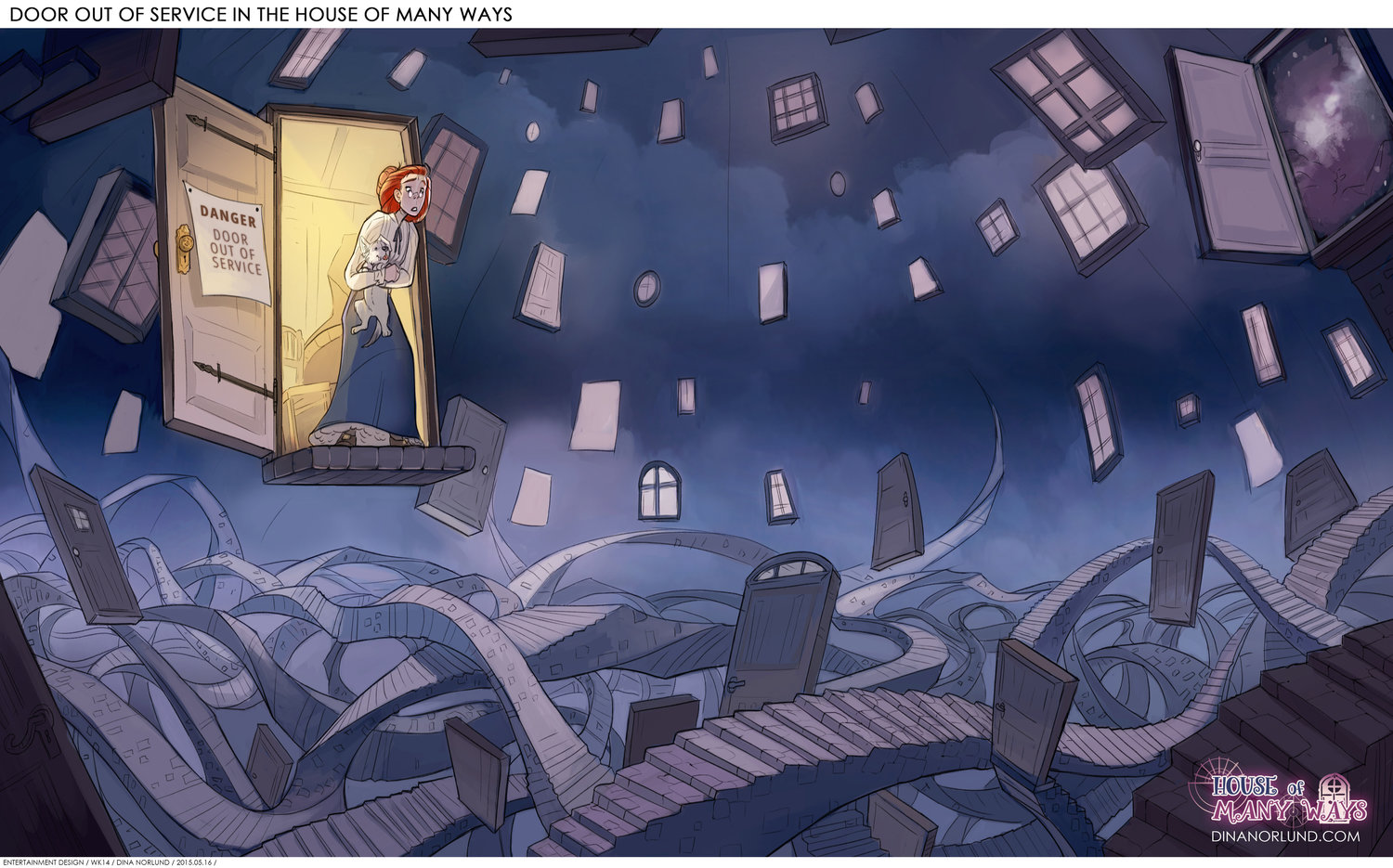
.thumb.png.5afeb53c24c681e1d35e3f8ba62a6319.png)

